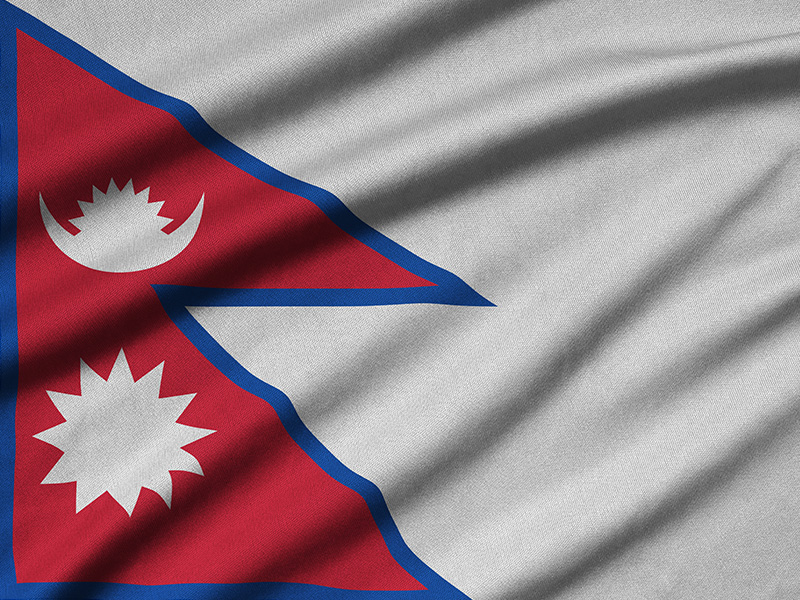Saturday 27th July 2024

Although Nepal has managed to control the coronavirus spread, the country could not escape the economic implications due to the contagion.
The coronavirus uproar in foreign countries has inflicted economic turmoil in Nepal.
Lockdowns, travel restrictions and social distancing have drastically interrupted global economic activities. This, in turn, has disrupted the inflow of remittances to small economies like Nepal that partially depend on their migrant workers.
According to the World Bank, Nepal received USD 8.64 billion in remittances (27.3% of GDP) in 2019, among the highest in South Asia.
However, a recent World Bank report has exclaimed that the remittances to Nepal could slump by around 14% or USD 1.2 billion in 2020.
[Also Read: WHO Assists Nepal in Fight Against COVID-19]
The World Bank warned that the remittances across south Asian countries could drop by 22% due to coronavirus pandemic.
“With the IMF projecting a contraction in economies of the Gulf countries in 2020, hundreds of Nepalis are expected to lose their jobs and return home. This will affect the inflow of remittance,” said Nepal Rastra Bank Spokesperson Gunakar Bhatta.
According to the Nepali Government, around 1.5 million Nepalis are living in Malaysia, Qatar, Saudi Arabia, the UAE, and Kuwait. Around 225,000 Nepalis are in the UAE alone. Moreover, 3-4 million Nepalis are in India.
In the need of the hour, the Nepali Government should introduce targeted schemes for the migrant workers to stabilize the economy.
So far, Nepal has reported 82 coronavirus infection cases. However, 16 patients have already recovered.